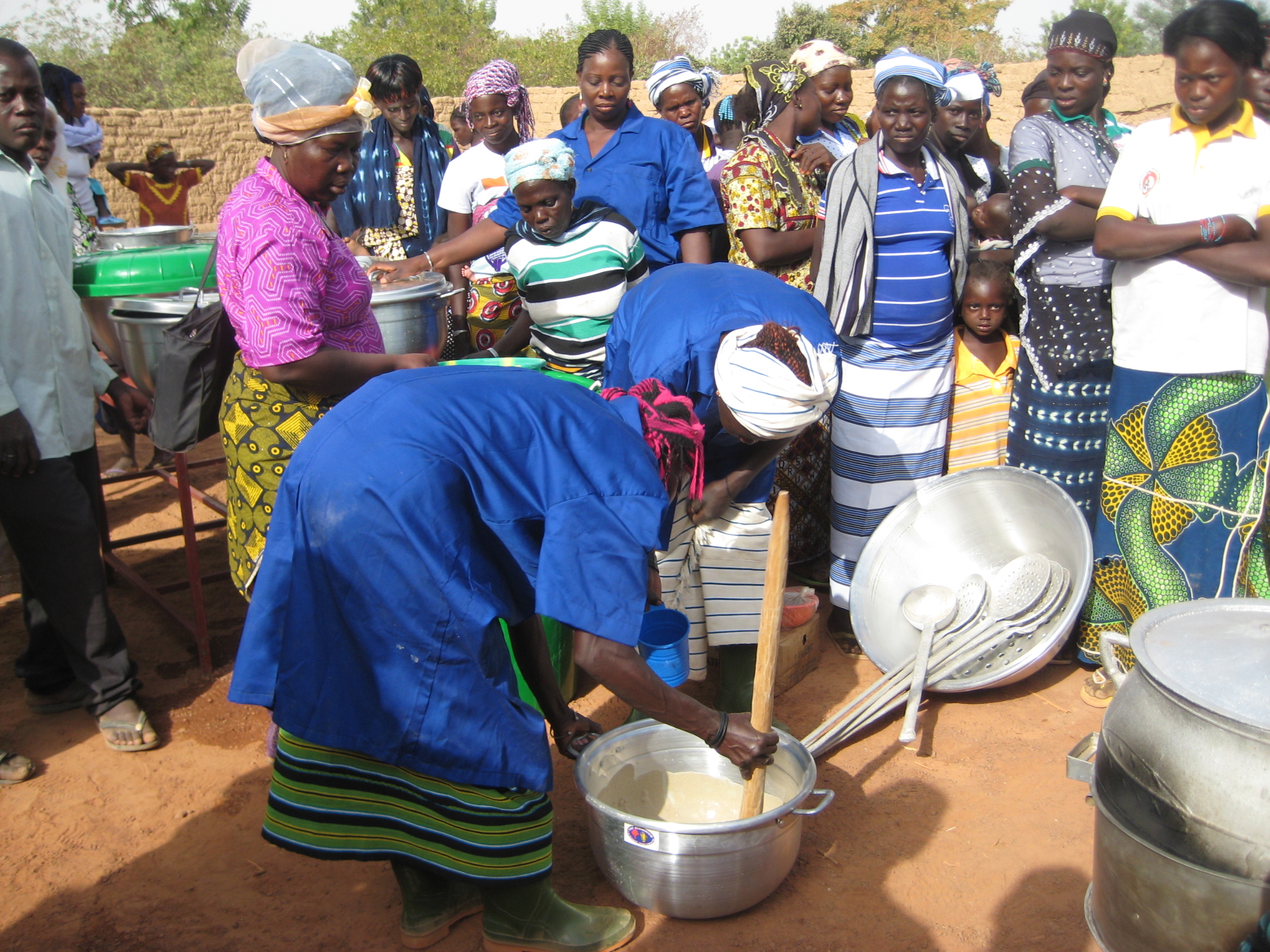My colleagues and I faced these issues working with farmers in Southern Chad and helping refugees from the Central African Republic who had crossed the border to escape violence. Not only were the needs great and resources limited, but there seemed to be little understanding or interest from international media. Both chronic malnutrition and poverty, and acute security issues go under-reported and add to feelings of frustration and futility.

Image Caption: Refugees from the Central African Republic in a camp in Chad. Photo by Gene Fifer.
Losing the experience and institutional memory of non-profit staff weakens the institutions that society depends on to support the most vulnerable. Therefore, creating a culture of self-care, supportive counseling, and personal and professional development is of paramount importance. Unfortunately, this type of institutional culture is rare and toxic cycles of guilt and recrimination are common.
One attempt to address these issues in an open and empowering way is the Global Development Professionals Network created by The Guardian newspaper. A regular feature of this news site is the Secret Aid Worker stories that chronicle the ups, downs, and concerns of NGO staff. These are anonymously contributed articles followed by thoughtful comments, and curated by Guardian editors. We need to create more support systems, both within and external to our organizations, for those who devote themselves to local, national, and international relief and development.
Here is where the Thrive Global community can help. More of us are sharing our stories, strategies, failures, and successes to heal wounds and build resilience. Open up, tell your stories, reach out, and nurture those you know to share their stories. It is ironic that those who work to promote health and sustainability often work in environments that are neither healthy nor sustainable. Start a conversation and help may be only a cubicle away.


